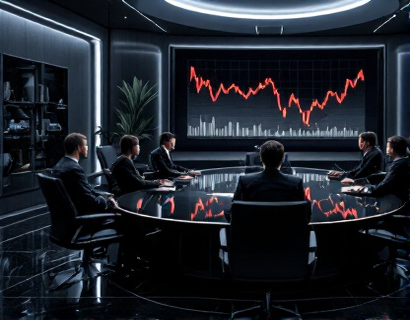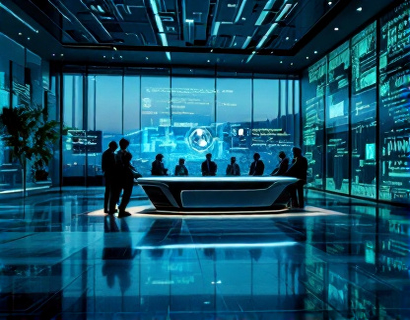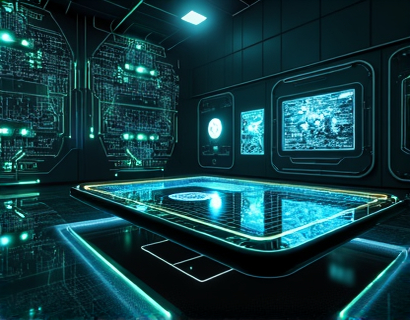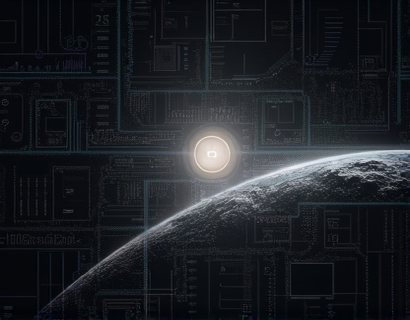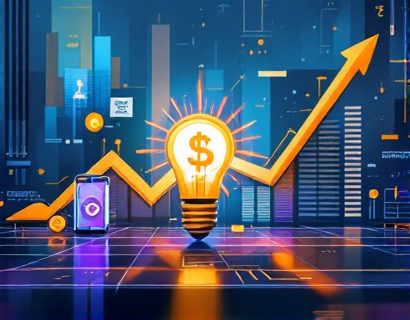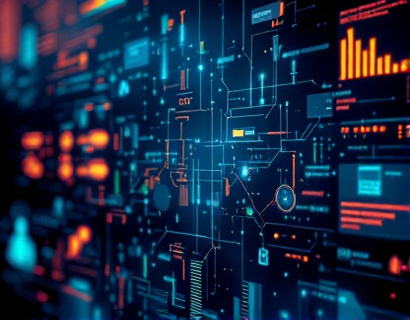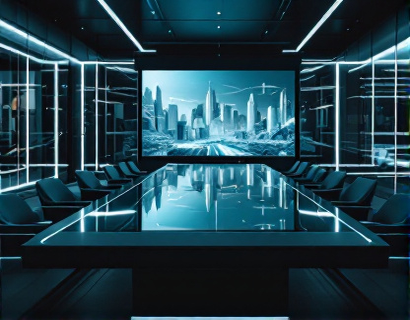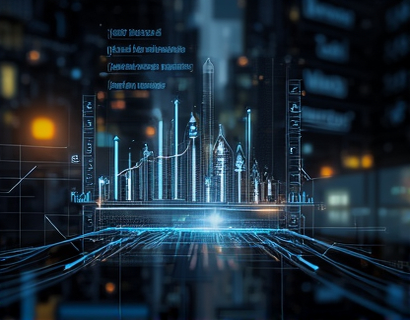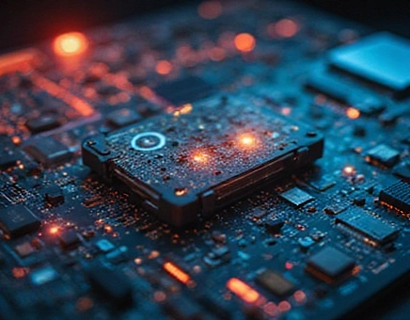Elevate Your Dining Business: Expert Restaurant Management Software for Streamlined Operations and Enhanced Customer Experiences
In the competitive world of dining, restaurant owners and managers face numerous challenges that can impact the success of their businesses. From managing staff and inventory to ensuring customer satisfaction, the tasks are diverse and demanding. To navigate these challenges effectively, adopting expert restaurant management software is crucial. This software is designed to optimize operations, streamline workflows, and enhance customer experiences, ultimately leading to a more efficient and profitable dining establishment.
Streamlining Internal Operations
One of the primary benefits of implementing advanced management software in a restaurant setting is the streamlining of internal operations. These systems offer comprehensive tools that cover various aspects of restaurant management, from inventory control to employee scheduling. By automating routine tasks, staff can focus on providing exceptional service, which is key to customer satisfaction.
Inventory management is a critical component of any restaurant. With expert software, managers can track stock levels in real-time, receive alerts when items need to be reordered, and maintain optimal stock levels to minimize waste. This not only ensures that the kitchen has the necessary ingredients for menu items but also helps in cost management by reducing unnecessary purchases.
Employee scheduling is another area where management software excels. By integrating calendars and shift planning tools, managers can create efficient schedules that meet both business needs and employee preferences. This reduces no-shows and overstaffing, leading to better labor cost control and improved staff morale.
Enhancing Customer Experiences
Customer experience is paramount in the dining industry. Expert restaurant management software plays a vital role in enhancing this experience through various features that improve interaction and satisfaction. One such feature is customer relationship management (CRM), which allows restaurants to store and manage customer data effectively.
By utilizing CRM, restaurants can personalize customer interactions, offering tailored recommendations and promotions based on past dining experiences. This level of personalization not only enhances customer satisfaction but also encourages repeat visits and positive word-of-mouth.
Online reservation and table management systems are also integral to modern dining experiences. These tools enable customers to book tables conveniently through a website or mobile app, reducing wait times and improving customer convenience. For restaurants, this translates to higher table turnover and increased revenue.
Improving Communication and Collaboration
Effective communication and collaboration among staff are essential for the smooth operation of a restaurant. Management software facilitates this by providing a centralized platform where information can be shared seamlessly. From order status updates to special requests, all relevant data is accessible to the necessary staff members in real-time.
This real-time communication helps in reducing errors and ensuring that customer requests are handled promptly. For instance, if a customer requests a specific dish modification, the kitchen can be alerted immediately, ensuring the request is fulfilled without delay.
Additionally, many management systems include reporting and analytics tools that provide insights into various aspects of restaurant performance. These insights can help managers make data-driven decisions, optimize operations, and identify areas for improvement. For example, analyzing sales data can reveal peak hours and popular menu items, allowing for better staffing and inventory planning.
Boosting Efficiency and Productivity
The efficiency and productivity of a restaurant are directly linked to its success. Expert management software contributes significantly to this by automating repetitive tasks and providing streamlined workflows. For instance, order management systems can handle takeaway and delivery orders, reducing the manual workload and minimizing the chance of errors.
Kitchen display systems (KDS) integrated with management software ensure that orders are prepared and delivered in an organized manner. This not only speeds up service but also improves the overall dining experience for customers. By keeping the kitchen organized and focused, staff can deliver high-quality dishes consistently.
Another aspect of efficiency is financial management. Advanced software includes robust accounting features that simplify invoicing, payment tracking, and financial reporting. This reduces the time spent on manual bookkeeping and ensures accurate financial records, which is crucial for making informed business decisions.
Enhancing Security and Compliance
Security and compliance are critical concerns for any restaurant. Management software often includes features that help ensure data security and adherence to industry regulations. For example, secure login protocols and data encryption protect sensitive customer and business information from unauthorized access.
Compliance with health and safety regulations is also facilitated through these systems. Features such as automated cleaning schedules and hygiene tracking help maintain high standards of cleanliness, reducing the risk of health violations and potential fines.
Moreover, some software solutions offer audit trails and reporting tools that document compliance efforts, making it easier to demonstrate adherence to regulatory requirements during inspections.
Conclusion
In conclusion, expert restaurant management software is an invaluable tool for modern dining businesses. By streamlining internal operations, enhancing customer experiences, improving communication and collaboration, boosting efficiency and productivity, and ensuring security and compliance, this software helps restaurants thrive in a competitive market. As the dining industry continues to evolve, embracing advanced management solutions will be key to staying ahead and delivering exceptional dining experiences.










